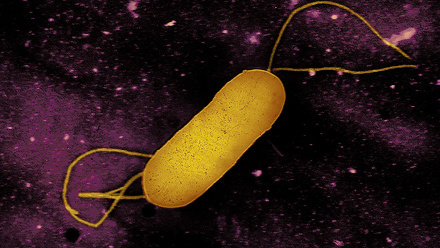Tilapia farmers ready to improve welfare standards, but face gaps in training, support and resources

Tilapia farmers in Egypt are willing to improve welfare – but are hamstrung by gaps in training, support and resources.
But those who had received welfare training reported better production outcomes, according to a paper that has just been published in Aquaculture Reports.
The study was one of the winning presentations at the recent Minoritised Life Scientists Future Forum at the ICC in Birmingham, netting its corresponding author Wasseem Emam a prize of a LUMI module from Reach Industries.
Wasseem, who is founder, director and head of research at Ethical Seafood Research (ESR), explains that ESR teamed up with Bryant Research last year to conduct the largest survey to date of tilapia farmers in Egypt on the topic of animal welfare.
They wanted to understand the current status of, but also the main challenges and obstacles to improving fish welfare in the sector.
“We found a widespread willingness to improve welfare – but also clear gaps in training, support and resources. Notably, farmers who had received welfare training reported better production outcomes,” he said.
Egypt is Africa’s top producer of farmed fish, with tilapia dominating the sector. However, there are currently no national welfare standards for tilapia, and little is known about farmers' awareness or implementation of good welfare practices. This is a concern both for animal welfare and the sustainability of the industry.
The team surveyed 104 tilapia farmers and hatchery operators in the Nile Delta, using a knowledge, attitudes and practices (KAP) framework. They looked at how farmers viewed fish welfare, what practices they currently use and the barriers they face in making improvements.
They found that only 11% had ever received training on tilapia welfare, though 76% said they would benefit from it. While farmers rated water quality as the most important welfare issue, they felt more confident improving feeding practices than water conditions.
Importantly, farmers who had received welfare training were significantly less likely to report high mortality and poor growth rates in their fish.
“We were surprised by the level of interest in welfare training and by how many farmers felt responsible for their fishes' wellbeing – even in the absence of regulation. It was also striking how much farmers valued fish welfare for its practical benefits, such as product quality and farm profitability,” Wasseem said.
“These findings show that improving fish welfare in Egypt is not only possible – it’s also in the interests of farmers. With the tilapia industry expected to grow and intensify, now is the time to ensure that this growth is ethical and sustainable. Welfare training, minimum standards and support systems could play a transformative role.
“To build on these findings, we recommend developing culturally and contextually appropriate welfare training programmes, as well as encouraging regulators and certification bodies to integrate tilapia welfare standards. More applied research is also needed to identify the most feasible and effective welfare interventions in semi-intensive systems.”
The study was conducted by Ethical Seafood Research (led by Wasseem with field support from ESR colleague Mohamed Bakr who is a PhD student at Kafr El-Sheikh University) and the team at Bryant Research (Charlotte Flores and Dr Christopher Bryant).
In addition to his work at ESR, Wasseem is also completing a doctorate in veterinary medicine at the Complutense University of Madrid having started his studies at the University of Stirling in the UK. The research was funded by Open Philanthropy.


